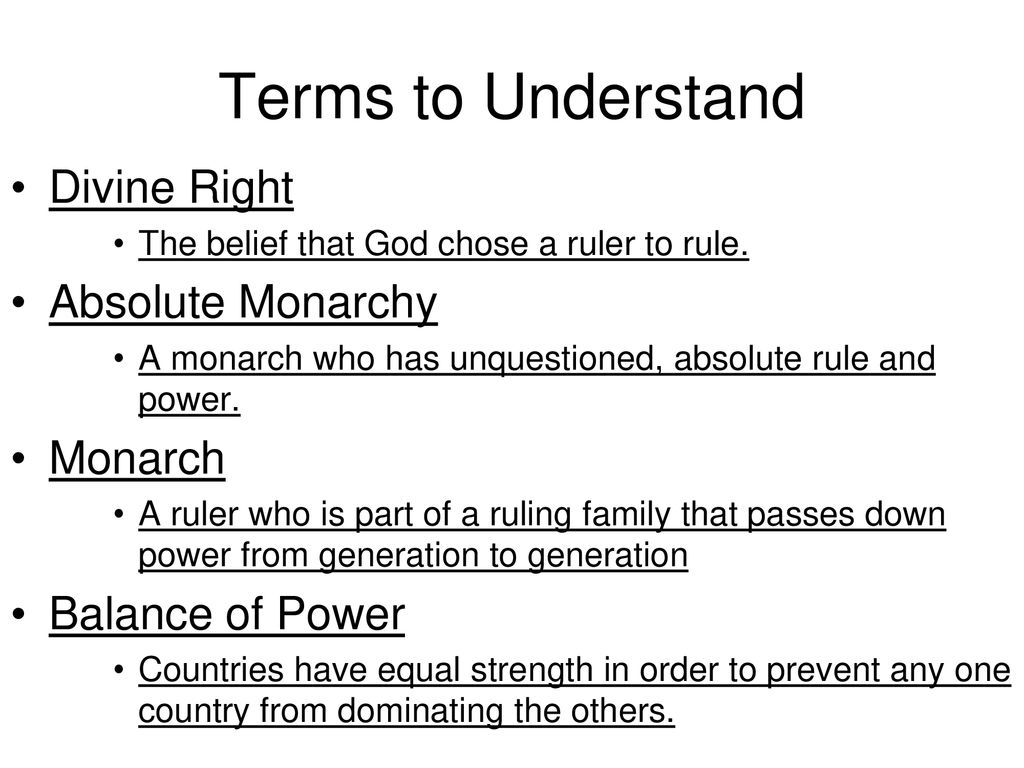The seventeenth century was dominated by France. During the reign of Louis XIII, Cardinal Richelieu created an efficient centralized state. He eliminated the Huguenots as a political force, made nobles subordinate to the king, and made the monarchy absolute. Louis XIV built on these achievements during his long reign. Louis XIV moved his capital from the turbulence of Paris to Versailles, where he built a vast palace and established elaborate court rituals that further limited the power of the nobles.
From Versailles, the Sun King demanded unquestioning obedience from his subjects, seeing himself as the representative of God on earth and ruling by divine right. In religion, Louis XIV encouraged the evolution of the Gallican church. In 1685, he revoked the Edict of Nantes, ending toleration of Huguenots. Mercantilism, practiced by Colbert, was central to French economic policy. Colbert’s policies promoted foreign trade and the expansion of industry.
Hoping to expand France to its “natural frontiers,” Louis XIV pursued an aggressive foreign policy that embroiled the nation in numerous wars. In the War of the Spanish Succession (1701-1714), England, Holland, the Holy Roman Empire, and German states joined forces to prevent a union of Spain and France. The treaties of Utrecht (1713) preserved the balance of power in Europe but left many unresolved issues.
In England, the Stuart monarchs James I and Charles I violated traditions limiting royal authority and protecting individual rights. Their attempts to rule without Parliament brought matters to violent conflict between the Crown and the members of Parliament. During the Civil War (1640-1649), England was split between royalists and parliamentarians. Under Puritan leader Oliver Cromwell, the New Model Army decisively defeated the king. Radicals in the Rump Parliament tried and condemned the king to death in 1649.
During the Interregnum, England was a republic dominated by Oliver Cromwell and the Puritans. They faced opposition at home and abroad. In 1660, the monarchy was restored. But the Interregnum marked the first successful challenge to a monarch by a politically active citizenry. Moreover, the events of the Civil War affirmed the existence of an unwritten constitution rooted in English common law. Belief in freedom of speech and religious toleration also emerged in this period.
During the Restoration, Parliament was supreme. The Catholic sympathies of James II so alienated his subjects that he was toppled by the Glorious Revolution of 1688, which put William of Orange and Man’ on the throne. Parliament then enacted the Bill of Rights of 1689, which embodied the principles of parliamentary supremacy. In the next two hundred years, England would become a parliamentary democracy.
The seventeenth century was an age of intellectual ferment dominated by France, Holland, and England. Two concepts underlay thought: the idea of a natural order and the importance of reason. In England, Thomas Hobbes in Leviathan (1651) and John Locke in his Second Treatise of Government (1690) set out ideas on government and human nature that would greatly influence political thought. On the Continent, Pascal and Spinoza made equally significant contributions to Western thought.
During the Age of Classicism, French dramatists such as Corneille, Moliere, and Racine dominated literature just as the court of Louis XIV influenced all of Europe. In Paradise Lost, John Milton combined classical scholarship and profound Christian faith.
Baroque masters produced flamboyant works of art that emphasized size and theatricality. Flemish and Dutch painters including Rubens, Rembrandt, and Van Dyck won widespread acclaim.
In the seventeenth century, laborers faced hardships of plague, famine, and warfare. An epidemic of witch- hunts and witch trials reflected a pervasive fear. Yet belief in popular magic declined as literacy spread. The property rights of women were recognized, thereby helping to improve their position. Despite gradual change, traditional patterns of life continued, and law was used to affirm social rights and traditions.

